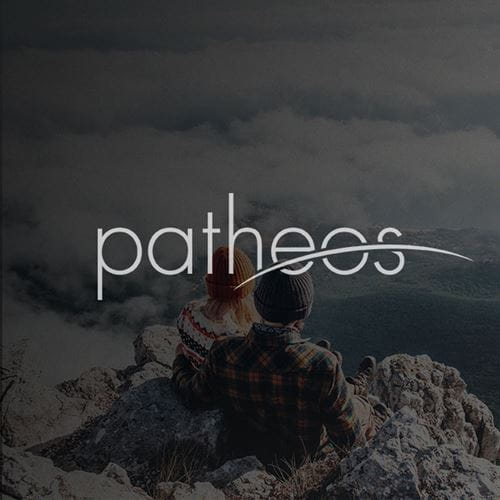- Trending:
- Pope Leo Xiv
- |
- Israel
- |
- Trump
- |
- Social Justice
- |
- Peace
- |
- Love

Crime + Punishment
Director: Stephen Maing
Run Time: 112 min
Early in Stephen Maing’s documentary Crime + Punishment, then-New York City Police Commissioner William Bratton speaks to the 75th precinct’s new recruitment class. He tells them to respect the badges they wear; to be officers worthy of the public’s trust.
“Be what cops are supposed to be,” he says. “With pride, with commitment. You cannot break the law to enforce the law.”
Even as he speaks, however, a handful of New York cops are alleging that they’re not just breaking the law: They’re being told to break it.
In Crime + Punishment, Maing follows a dozen whistle-blowing black and Latino officers pushing back against an alleged, unwritten but very real quota system in place within the NYPD—an understanding that police have to make a certain number of “collars,” or arrests, to be considered good police officers. (This, despite the fact that quotas have been officially banned in the department since 2010.)
The cops we meet here don’t believe quotas make for good policework. In fact, these officers insist that sometimes their best work doesn’t end in arrest, but in not making one. One officer diffuses an angry altercation on a street corner. Another recounts how one morning, instead of taking a truant teen to jail, she took her to school instead. That sort of work helps foster trust, and it keeps people out of the slammer.
But according to Crime + Punishment, the NYPD has little incentive to reward this sort of policework. In New York, fewer arrests means less money. The film tells us that $900 million of the city’s budget comes from summonses, fines and arrest-related fees. An almost unimaginable number of those summonses were invalidated later: More than 900,000 summonses between 2007 and 2015 were later dismissed for lack of probable cause. But the city made money off those dismissed arrests, anyway—often from members of its poorest, most vulnerable communities.
“Law enforcement uses black bodies to generate revenue,” says cop Edwin Raymond.
Listen, I’m prone to be sympathetic toward law enforcement, and I have reason to be. I’m a middle-aged white guy living in suburbia, after all. No one’s stopping me on the street because of the way I look or the color of my skin.
“Nobody likes you!” one protester shouts at a handful of uncomfortable-looking, stoic cops during the film. “You all are hated!” To me and my experience, that feels both untrue and unfair.
But is it? For a lot of law-abiding Americans, their experience with police is far different from my own.
“Who watches the watchers?” the Roman satirist Juvenal once famously wrote. In Crime + Punishment, we’re reminded that some of our own watchers—the men and women in blue, and the departments that hire and pay them—sometimes need watchers themselves. They need folks, like the dozen whistle-blowers chronicled here, to hold them to account.
We live in a world dependent, in part, on trust. We trust our parents to care for us, our teachers to educate us, our religious leaders to show us what it means to follow a higher calling. Trust is particularly important in a democratic society: We imbue certain institutions with power because, theoretically, we feel we can trust them. Our government. Our media. Our law enforcement.
We know, of course, often from hard experience, that humankind and its manmade institutions often tragically fall short of that trust. And when that trust is betrayed, it doesn’t just hurt the victims. It hurts us all. It immeasurably weakens those institutions and calls into question the trust we have in them.
Crime + Punishment is riveting and persuasive. It’s not an instrument in tearing down a treasured institution as much as a potential tool to help rebuild it--to restore it to its pedestal as a thing we can all trust. To paraphrase Bratton’s own words, to help cops be what they’re supposed to be.
-- Paul Asay











